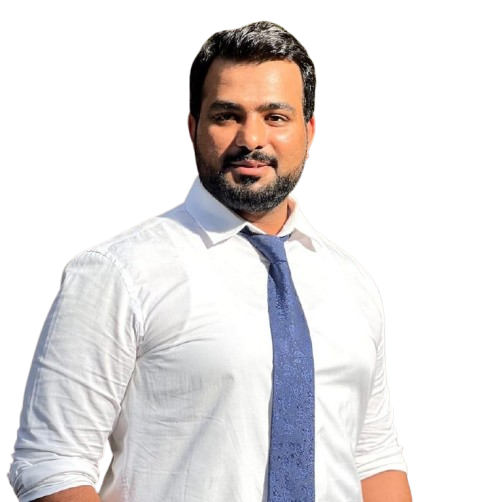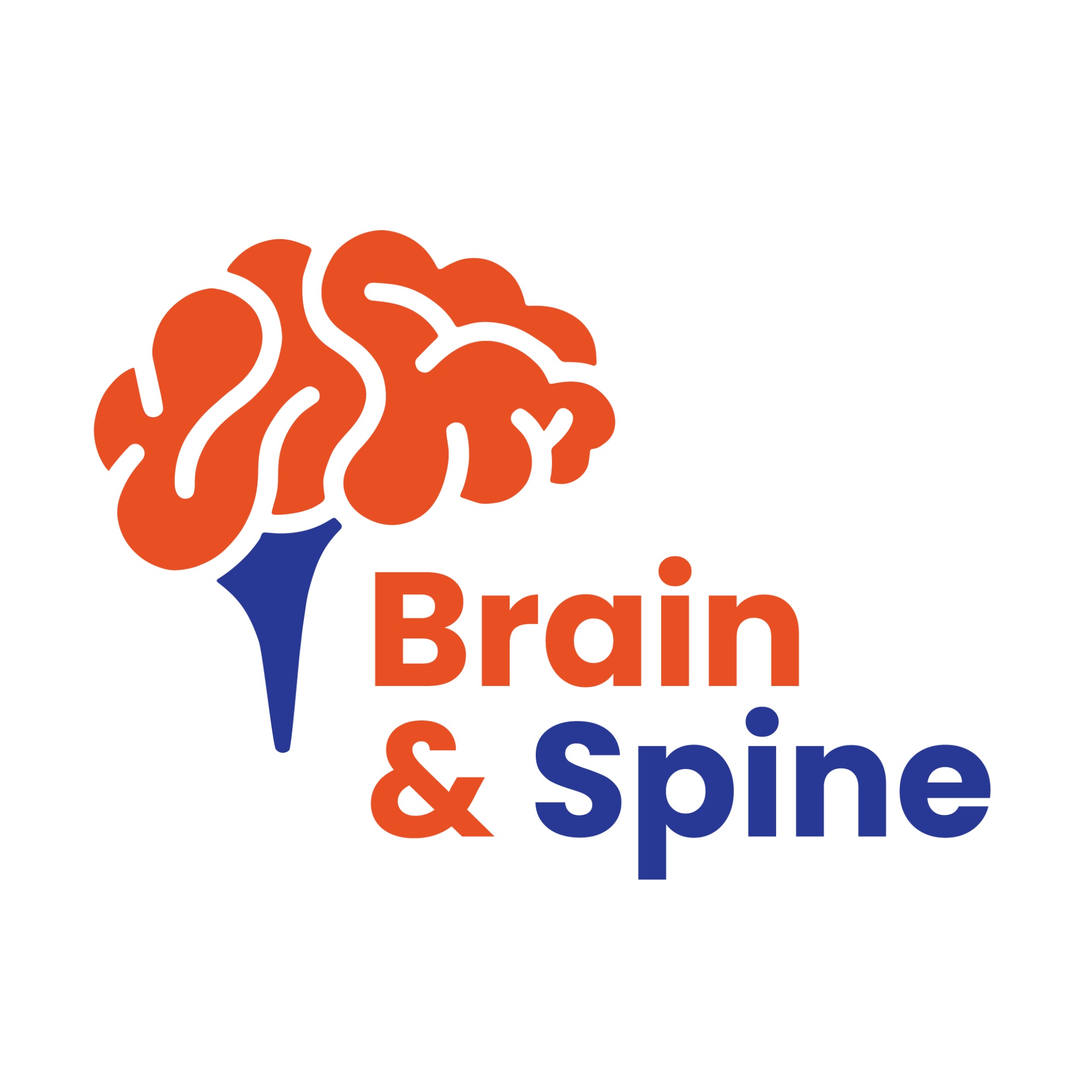
Neurosurgery is a specialized field of medicine that focuses on the diagnosis, surgical treatment, and rehabilitation of disorders affecting the brain, spinal cord, peripheral nerves, and the cerebrovascular system. While often associated primarily with brain surgery, our scope is much broader, encompassing a wide array of neurological conditions.
So, what exactly does a neurosurgeon do, and what conditions do we treat?
Beyond Brain Surgery: A Broad Spectrum of Care
A neurosurgeon’s expertise extends to every part of the nervous system. Our goal is to alleviate symptoms, improve function, and enhance the quality of life for patients suffering from complex neurological disorders. Here are some of the primary conditions we treat:
- Brain Tumors: From benign to malignant, primary to metastatic, neurosurgeons are at the forefront of diagnosing and surgically removing brain tumors. This often involves complex procedures using advanced imaging and navigation techniques to maximize tumor removal while preserving critical brain function.
- Spinal Disorders: This is a vast area, covering conditions like:
- Herniated Discs: When the soft cushions between vertebrae bulge or rupture, causing pain, numbness, or weakness.
- Spinal Stenosis: Narrowing of the spinal canal, compressing the spinal cord or nerves.
- Spinal Tumors: Growths within or around the spinal cord.
- Spinal Deformities: Conditions like scoliosis or kyphosis that cause abnormal curvature of the spine.
- Spinal Trauma: Injuries to the spine resulting from accidents or falls.
- Surgical interventions range from minimally invasive discectomies to complex spinal fusions.
- Vascular Disorders of the Brain and Spine: These life-threatening conditions require immediate and specialized care:
- Aneurysms: Weak, bulging spots in blood vessels that can rupture, causing hemorrhagic stroke.
- Arteriovenous Malformations (AVMs): Tangled masses of abnormal blood vessels that can bleed into the brain or spinal cord.
- Stroke: While often managed medically, some types of stroke (e.g., hemorrhagic stroke from an aneurysm) require neurosurgical intervention.
- Peripheral Nerve Disorders: Conditions affecting nerves outside the brain and spinal cord, such as:
- Carpal Tunnel Syndrome: Compression of the median nerve in the wrist.
- Ulnar Nerve Entrapment: Compression of the ulnar nerve, often at the elbow.
- Nerve Injuries: Trauma-related damage to peripheral nerves.
- Hydrocephalus: A condition characterized by the buildup of cerebrospinal fluid in the brain, often requiring the placement of a shunt to drain the excess fluid.
- Traumatic Brain Injury (TBI): Neurosurgeons play a critical role in managing severe head injuries, including evacuating hematomas (blood clots) and monitoring intracranial pressure.
- Functional Neurosurgery: This subspecialty addresses neurological disorders that affect function, often through neuromodulation techniques:
- Deep Brain Stimulation (DBS): For conditions like Parkinson’s disease, essential tremor, and dystonia, involving the implantation of electrodes in the brain to regulate abnormal brain activity.
- Epilepsy Surgery: In cases of drug-resistant epilepsy, surgical removal of the seizure-generating area of the brain or implantation of devices to control seizures.
- Chronic Pain: Surgical interventions for intractable pain that hasn’t responded to other treatments.
- Congenital Anomalies: Birth defects affecting the nervous system, such as spina bifida or Chiari malformation.
The Journey to Becoming a Neurosurgeon
Becoming a neurosurgeon is a long and rigorous journey, involving extensive education, training, and specialization. It requires an in-depth understanding of complex anatomy, physiology, and pathology, coupled with exceptional surgical skill and precision.
When to See a Neurosurgeon
If you are experiencing persistent or worsening neurological symptoms such as severe headaches, seizures, weakness, numbness, balance problems, or unexplainable pain, your primary care physician may refer you to a neurosurgeon for further evaluation. We work closely with neurologists, oncologists, pain management specialists, and rehabilitation therapists to provide comprehensive and multidisciplinary care.
Our commitment is to restoring neurological health and improving the lives of our patients through advanced surgical techniques and compassionate care.
نیورو سرجن کا کردار – ہم کن حالات کا علاج کرتے ہیں؟
نیورو سرجری طب کا ایک خصوصی شعبہ ہے جو دماغ، ریڑھ کی ہڈی، پیریفیرل اعصاب، اور دماغی خون کی نالیوں کے نظام کو متاثر کرنے والے امراض کی تشخیص، جراحی علاج، اور بحالی پر توجہ مرکوز کرتا ہے۔ اگرچہ اکثر اسے بنیادی طور پر دماغ کی سرجری سے جوڑا جاتا ہے، لیکن ہمارا دائرہ کار اس سے کہیں زیادہ وسیع ہے، جس میں اعصابی حالات کی ایک وسیع صف شامل ہے۔
تو، ایک نیورو سرجن دراصل کیا کرتا ہے، اور ہم کن حالات کا علاج کرتے ہیں؟
دماغ کی سرجری سے آگے: نگہداشت کا ایک وسیع دائرہ
ایک نیورو سرجن کی مہارت اعصابی نظام کے ہر حصے تک پھیلی ہوئی ہے۔ ہمارا مقصد پیچیدہ اعصابی امراض میں مبتلا مریضوں کے لیے علامات کو کم کرنا، افعال کو بہتر بنانا، اور معیار زندگی کو بڑھانا ہے۔ یہاں کچھ اہم حالات ہیں جن کا ہم علاج کرتے ہیں:
دماغ کے رسولی (Brain Tumors): خواہ وہ بے ضرر ہوں یا مہلک، ابتدائی ہوں یا میٹاسٹیٹک، نیورو سرجن دماغ کے رسولی کی تشخیص اور جراحی کے ذریعے انہیں ہٹانے میں سب سے آگے ہیں۔ اس میں اکثر جدید امیجنگ اور نیویگیشن تکنیکوں کا استعمال کرتے ہوئے پیچیدہ طریقہ کار شامل ہوتے ہیں تاکہ رسولی کو زیادہ سے زیادہ ہٹایا جا سکے جبکہ دماغ کے اہم افعال کو محفوظ رکھا جا سکے۔
ریڑھ کی ہڈی کے امراض (Spinal Disorders): یہ ایک بہت بڑا شعبہ ہے، جس میں مندرجہ ذیل حالات شامل ہیں:
ہرنیٹڈ ڈسک (Herniated Discs): جب ریڑھ کی ہڈی کے مہروں کے درمیان موجود نرم گدھے پھول جاتے ہیں یا پھٹ جاتے ہیں، جس سے درد، سُن پن، یا کمزوری ہوتی ہے۔
اسپائنل سٹینوسس (Spinal Stenosis): ریڑھ کی ہڈی کی نالی کا تنگ ہونا، ریڑھ کی ہڈی یا اعصاب کو دبا دینا۔
ریڑھ کی ہڈی کی رسولی (Spinal Tumors): ریڑھ کی ہڈی کے اندر یا اس کے ارد گرد کی نشوونما۔
ریڑھ کی ہڈی کی خرابیاں (Spinal Deformities): سکولیوسس یا کائفوسس جیسے حالات جو ریڑھ کی ہڈی میں غیر معمولی خمیدگی کا سبب بنتے ہیں۔
ریڑھ کی ہڈی کا صدمہ (Spinal Trauma): حادثات یا گرنے کے نتیجے میں ریڑھ کی ہڈی کو پہنچنے والے چوٹیں۔
جراحی مداخلتیں کم سے کم ناگوار ڈسکیکٹومیز سے لے کر پیچیدہ اسپائنل فیوژن تک ہوتی ہیں۔
دماغ اور ریڑھ کی ہڈی کی وریدوں کے امراض (Vascular Disorders of the Brain and Spine): یہ جان لیوا حالات فوری اور خصوصی نگہداشت کا تقاضا کرتے ہیں:
اینوریزم (Aneurysms): خون کی نالیوں میں کمزور، پھولے ہوئے دھبے جو پھٹ سکتے ہیں، جس سے ہیمریجک اسٹروک ہو سکتا ہے۔
آرٹیریو وینس مالفارمیشنز (AVMs): خون کی غیر معمولی نالیوں کا الجھا ہوا گچھا جو دماغ یا ریڑھ کی ہڈی میں خون بہا سکتا ہے۔
فالج (Stroke): اگرچہ اکثر طبی طور پر انتظام کیا جاتا ہے، فالج کی کچھ اقسام (مثلاً، اینوریزم سے ہیمریجک اسٹروک) کو نیورو سرجیکل مداخلت کی ضرورت ہوتی ہے۔
پیریفیرل اعصابی امراض (Peripheral Nerve Disorders): دماغ اور ریڑھ کی ہڈی سے باہر کے اعصاب کو متاثر کرنے والے حالات، جیسے:
کارپل ٹنل سنڈروم (Carpal Tunnel Syndrome): کلائی میں میڈین اعصاب کا دباؤ۔
النر نرو انٹریپمنٹ (Ulnar Nerve Entrapment): النر اعصاب کا دباؤ، اکثر کہنی پر۔
اعصابی چوٹیں (Nerve Injuries): پیریفیرل اعصاب کو چوٹ سے متعلق نقصان۔
ہائڈروسیفالس (Hydrocephalus): دماغ میں سیریبروسپائنل فلوئڈ کے جمع ہونے کی خصوصیت والا ایک حالت، جس میں اکثر اضافی فلوئڈ کو نکالنے کے لیے شنٹ کی جگہ کی ضرورت ہوتی ہے۔
دماغی چوٹ (Traumatic Brain Injury – TBI): نیورو سرجن شدید سر کی چوٹوں کا انتظام کرنے میں ایک اہم کردار ادا کرتے ہیں، بشمول ہیماتوما (خون کے لوتھڑے) کو نکالنا اور انٹرکرینیئل پریشر کی نگرانی کرنا۔
فعال نیورو سرجری (Functional Neurosurgery): یہ ذیلی خصوصیت ان اعصابی امراض کو حل کرتی ہے جو افعال کو متاثر کرتے ہیں، اکثر نیورو ماڈولیشن تکنیکوں کے ذریعے:
ڈیپ برین سٹیمولیشن (DBS): پارکنسن کی بیماری، ضروری رعشہ، اور ڈسٹونیا جیسے حالات کے لیے، جس میں دماغ میں الیکٹروڈز لگائے جاتے ہیں تاکہ دماغ کی غیر معمولی سرگرمی کو منظم کیا جا سکے۔
مرگی کی سرجری (Epilepsy Surgery): منشیات کے خلاف مزاحمت کرنے والی مرگی کے معاملات میں، دورے پیدا کرنے والے دماغی علاقے کو جراحی کے ذریعے ہٹانا یا دوروں کو کنٹرول کرنے کے لیے آلات لگانا۔
دائمی درد (Chronic Pain): ناقابل برداشت درد کے لیے جراحی مداخلتیں جو دیگر علاج سے ٹھیک نہیں ہوئی ہیں۔
پیدائشی خرابیاں (Congenital Anomalies): اعصابی نظام کو متاثر کرنے والے پیدائشی نقائص، جیسے اسپائنا بیفیدا یا کیاری مالفارمیشن۔
نیورو سرجن بننے کا سفر
نیورو سرجن بننا ایک طویل اور سخت سفر ہے، جس میں وسیع تعلیم، تربیت، اور تخصص شامل ہے۔ اس کے لیے پیچیدہ اناٹومی، فزیالوجی، اور پیتھالوجی کی گہری سمجھ کی ضرورت ہوتی ہے، ساتھ ہی غیر معمولی جراحی مہارت اور درستگی بھی۔
نیورو سرجن سے کب ملنا چاہیے؟
اگر آپ شدید سر درد، دورے، کمزوری، سُن پن، توازن کے مسائل، یا غیر واضح درد جیسی مسلسل یا بگڑتی ہوئی اعصابی علامات کا سامنا کر رہے ہیں، تو آپ کا بنیادی نگہداشت کا معالج مزید تشخیص کے لیے آپ کو نیورو سرجن کے پاس بھیج سکتا ہے۔ ہم نیورولوجسٹ، آنکولوجسٹ، درد کے انتظام کے ماہرین، اور بحالی کے معالجین کے ساتھ مل کر جامع اور کثیر الشعبہ نگہداشت فراہم کرتے ہیں۔
ہماری وابستگی اعصابی صحت کی بحالی اور جدید جراحی تکنیکوں اور ہمدردانہ نگہداشت کے ذریعے اپنے مریضوں کی زندگیوں کو بہتر بنانے کے لیے ہے۔
اگر آپ یا آپ کے کسی عزیز کو ان میں سے کوئی بھی علامت نظر آئے تو فوراً نیوروسرجن سے رجوع کریں۔ بروقت ایم آر آئی اور معائنہ پیچیدگیوں سے بچا سکتا ہے۔ ڈاکٹر مدثر عباس صدیق دماغی رسولیوں کے علاج کے لیے جدید سرجری کی سہولیات فراہم کرتے ہیں۔
📲 مکمل رہنمائی اور تشخیص کے لیے رابطہ کریں:
Dr. Mudasir Abbas Siddique
ماہر نیورو سرجن – لاہور، فیصل آباد، گوجرانوالہ
#نیورو_سرجری #EndovascularNeurosurgery #دماغی_امراض #StrokeCare #BrainAneurysm #DrMudasirAbbas #PatientAwareness

